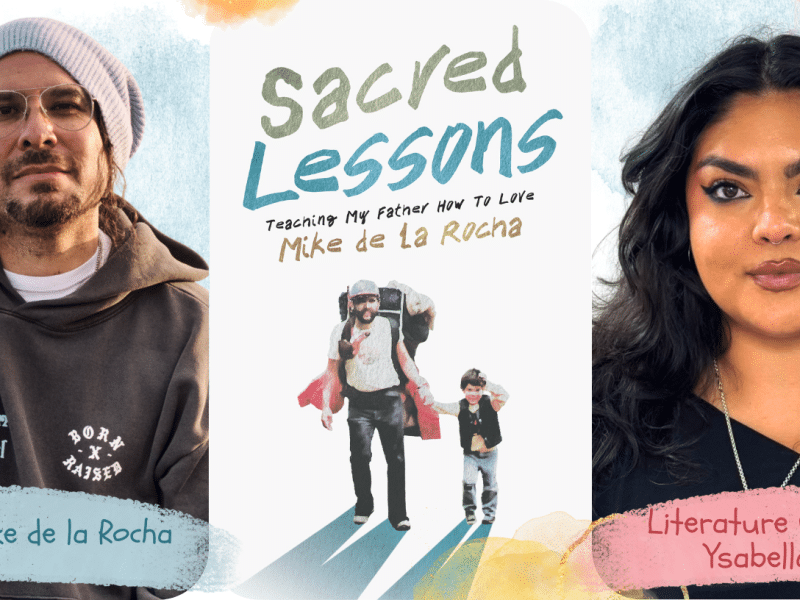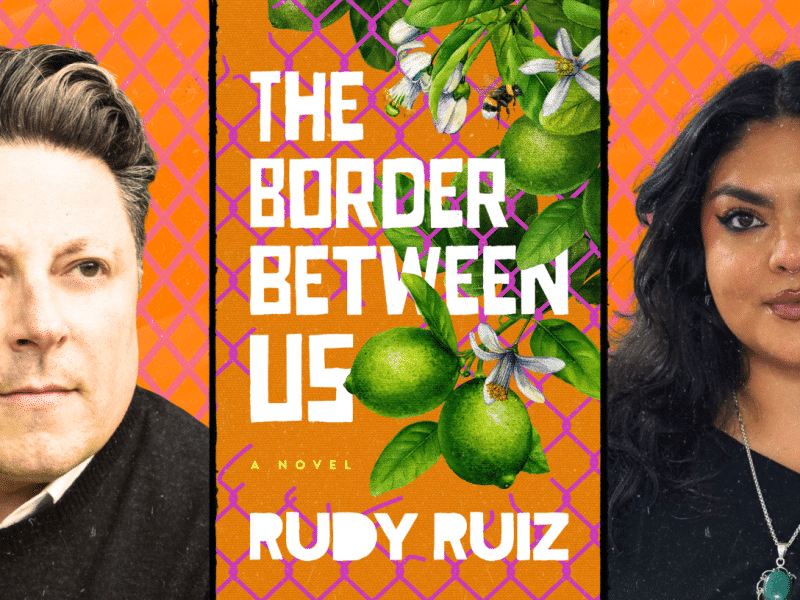Is Latinidad the Latest Fad for Global Artists?
Remember when Justin Bieber sang “Despacito”? Yep, that was a thing. Since then, numerous global artists have attempted to ride the Urbano bandwagon, and some have even been intentionally vague about their Latinidad (yes, Rosalía, we’re looking at you).

Lately, Latinidad has taken the entertainment world by storm. Artists from all corners are dancing to reggaeton, dembow, and other Latin beats.
And while this excitement has spotlighted Latin culture on the global stage, the distinction between appreciation and appropriation is becoming increasingly blurred. The sentiment of “ahora todos quieren ser Latinos” is becoming ever more evident. This raises the question: Are artists intentionally being vague about their Latinidad?
The Echoes of the Latin Explosion
Take a step back to the ’90s, a time when the “Latin Explosion” dominated the global entertainment landscape. Spanish pop singer Enrique Iglesias emerged as a leading figure during this period. Even with their Spanish roots, he, along with stars like Penelope Cruz and Antonio Banderas, rode the wave of Latin popularity, often being referred to as Latino.
There’s no doubt that the Latin fever was at an all-time high. Remember when Geri Halliwell, former Spice Girl, dropped “Mi Chico Latino” in 1999? Yep, she went full Latina mode even though she’s all British. And how about Nelly Furtado? While she’s Canadian with Portuguese heritage, her 2006 album “Loose” showcased distinct Latin pop beats, which often led people to mistakenly identify her as Latina. And the list goes on.

During this period, the Latine community yearned for more visibility and representation. Even if this representation was imperfect, it was a start. Yet, as time has evolved, so have our expectations and definitions of what’s Hispanic and what’s Latino.
When the infectious beats of “Despacito” by Luis Fonsi and Daddy Yankee broke records in 2017, it opened the floodgates for Latin collaborations, a phenomenon sometimes dubbed “The Despacito Effect.” Reggaeton, once frowned upon, deemed lower-class, and closely associated with the Afro-Latine community, now finds itself in the mainstream, looking significantly paler.
Several English-speaking artists jumped on the reggaeton bandwagon, including Justin Bieber with his “Despacito” remix, where he sang in Spanish (or at least imitated the language), Beyonce teaming up with J Balvin for “Mi Gente,” Madonna collaborating with Maluma on “Medellín,” and Drake pairing with Bad Bunny for “MIA.”
Many artists, like Justin Bieber, Drake, and Madonna, choose to sing in Spanish, albeit phonetically, when featuring on a Latin track, but may not consistently integrate the language into their music. While we’re all for embracing multilingualism, there’s a difference between a genuine appreciation and understanding of the language and occasional use solely for commercial advantage.
Meanwhile, Spaniards like Rosalía, despite their European roots, have basked in the spotlight of being mislabeled a “Latina,” taking home Latin Grammys and thriving on a legacy of colonial exploitation of native Latin-American cultures.
But beyond individual choices, the inner workings of the entertainment industry are deeply entrenched in biases. It’s not only about artists like Rosalía and Enrique Iglesias navigating ambiguous cultural boundaries; it’s about an industry with a longstanding inclination to put a “whitewashed” face on predominantly Black artistic expressions.
Cultural Crossroads: Appreciation or Appropriation?
The Latine community’s internal struggles with colorism and anti-Blackness cast a long shadow. This ingrained prejudice creates a platform where artists like J Balvin, not of Afro-Latino descent, earn accolades in categories rooted in Black Latin heritage. Meanwhile, true torchbearers of the genre, like Ivy Queen and Tego Calderon, despite their monumental contributions, remain unsung heroes.
Despite the rich tapestry of Afro-Latin culture and music, the entertainment industry often sidelines its key contributors. The vibrant rhythms of salsa, merengue, and reggaeton are deeply rooted in the African diaspora, tracing back to centuries of cultural exchange between indigenous communities, African slaves, and Spanish colonizers in the Caribbean and South America. Yet, the narrative that’s been presented in mainstream media often whitewashes this historical context, erasing black faces from the spotlight and rendering their contributions invisible.
Mislabeling artists like Enrique Iglesias and Rosalía as “Latino” may seem innocuous, but it has profound implications. There’s a distinction between “Latino” (referring to individuals from Latin America), “Hispanic” (those from Spanish-speaking countries), and “Spanish” (referring to Spain). By not understanding or respecting these nuances, the industry overlooks the vast diversity of the Latine community and risks perpetuating colonialist narratives.
Furthermore, the frequent mislabeling further obscures the contributions of Afro-Latine artists, who not only hail from Latin America but also play instrumental roles in developing the music genres we know and love today. Recognizing these artists for their groundbreaking work is a step towards rectifying centuries of erasure and misunderstanding.
As global consumers of music, it’s essential to be vigilant and demand accuracy, authenticity, and inclusivity. By holding the industry accountable, there’s hope for a future where Latine and Afro-Latine artists are not just a footnote, but are celebrated and acknowledged for the rich cultural legacy they’ve crafted.




